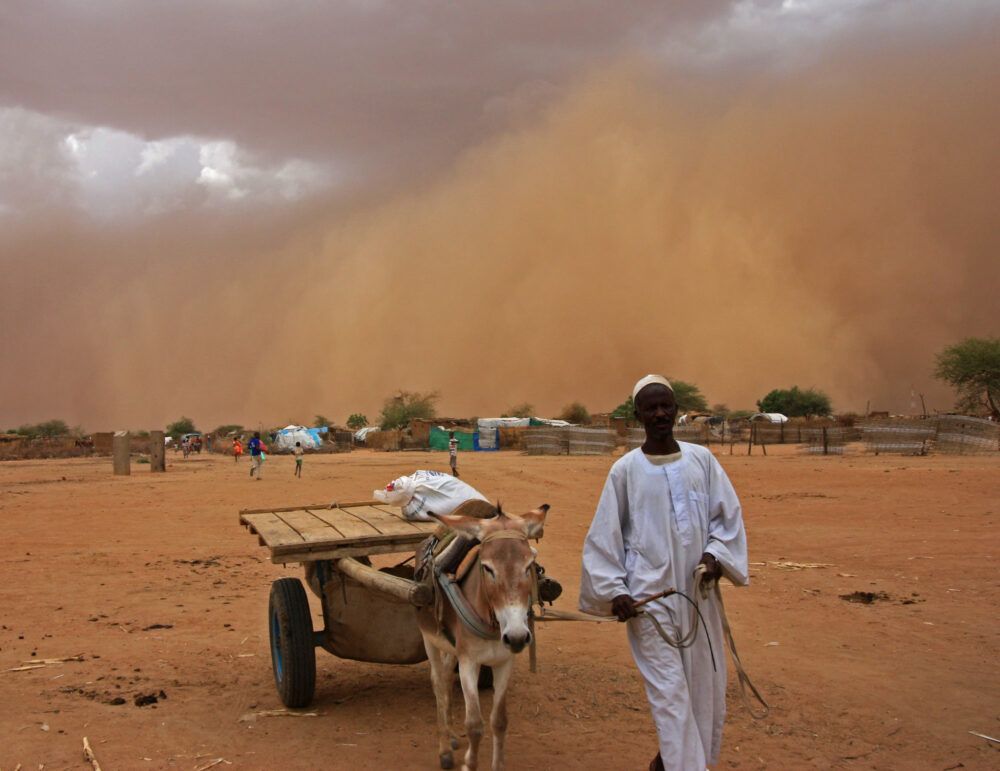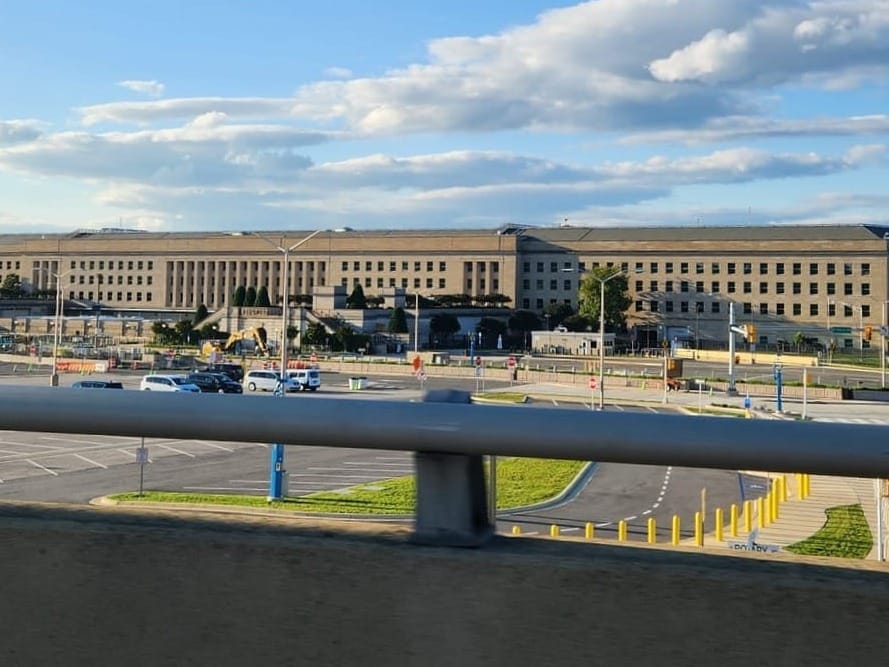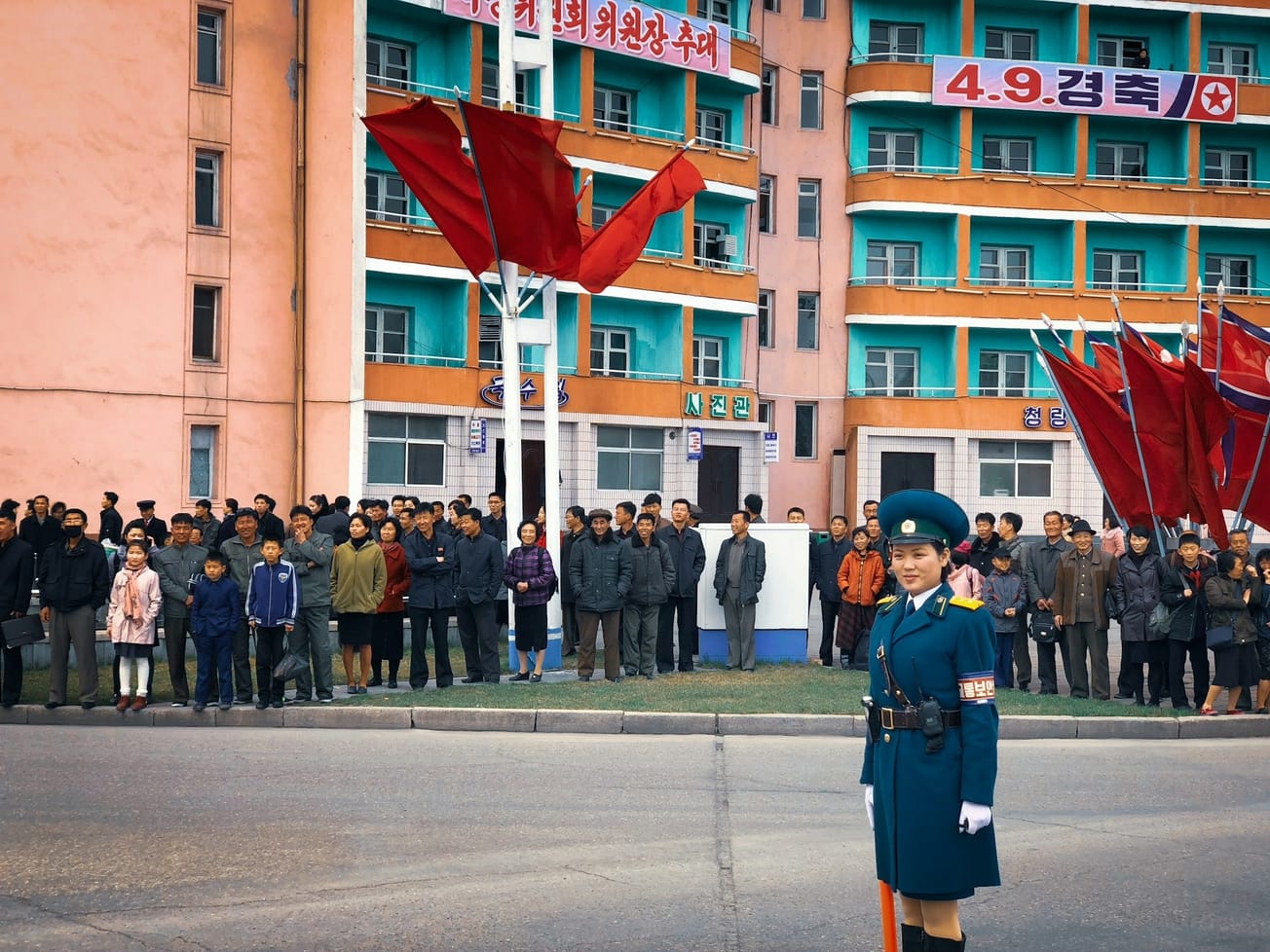Hundreds of thousands of people are displaced in Sudan and tens of thousands fled for neighboring countries, U.N. officials said while warning of increasing human rights abuses and aid concerns.
Most of the capital Khartoum, the Darfur region and North Kordofan has become too dangerous to operate in, the U.N. refugee agency said on Friday.









